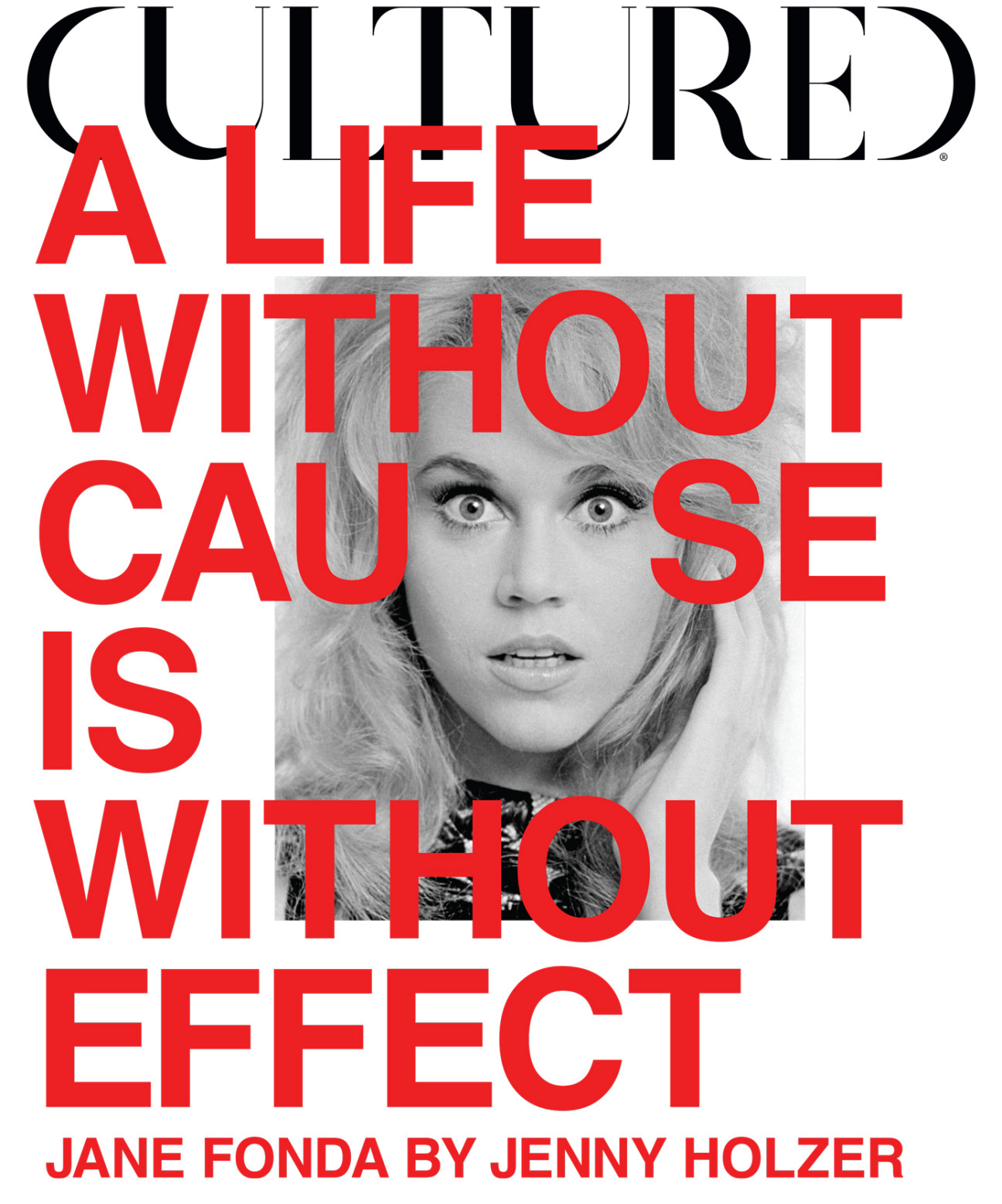
Six decades have elapsed since this heroine first stepped into the film studio for a movie of her own (not counting the many Hollywood sets she was raised on as Henry Fonda's daughter). But her familial advantage and epic acting career (Barbarella! 9 to 5! Barefoot in the Park! Grace and Frankie!) have never stopped her from protesting, marching, and getting arrested for the social and climate justice causes near to her heart. In our 10th anniversary issue, she sat down with another feminist icon: artist Jenny Holzer. About her unrelenting activist streak, she confessed, “I won’t give up… I don’t want to give anyone the opportunity to say, 'See, she was only in it for the short haul.'”
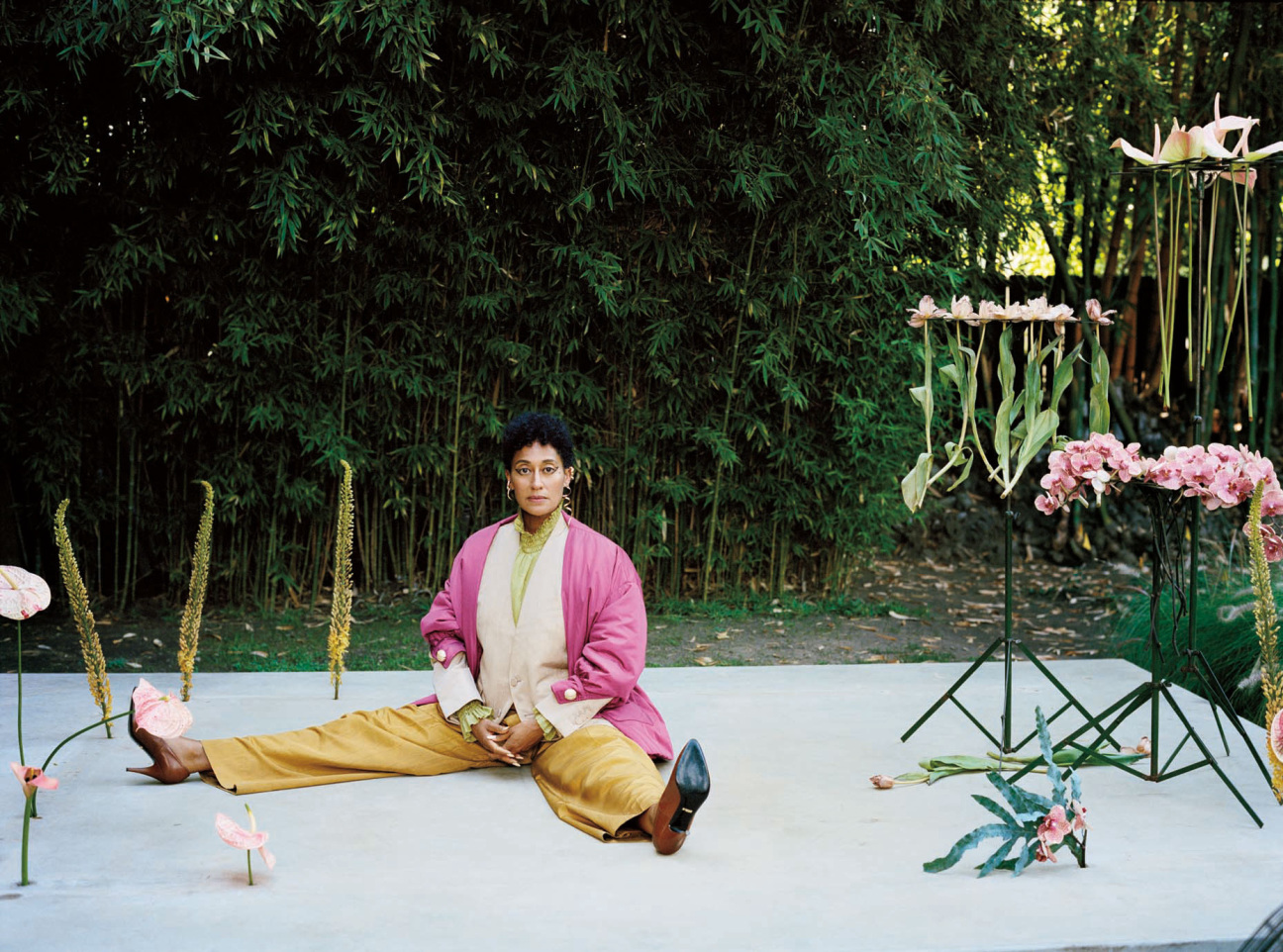
2. Tracee Ellis Ross Wants Society to Be A Better Mirror for Black Women
During the eight years that Girlfriends helped define our early-aughts TV imaginaries, Tracee Ellis Ross wore her hair natural. Six years later, when she reappeared on screen as Bow Johnson in ABC’s Black-ish, the actress made the decision to steer clear of heavy make-up and contouring. In 2019, Ross founded Pattern, a line of cruelty-free haircare products inspired by the difficulties she had on Hollywood sets with people not knowing how to style hers. In all of her endeavors, Ross questions the standards we impose on Black women. “I’ve come to terms with the fact that I don’t always see the wallpaper of our lives on television, on screens,” she said in a CULTURED interview with Killian Wright Jackson. “I want to be a part of shifting the gaze of our culture.”
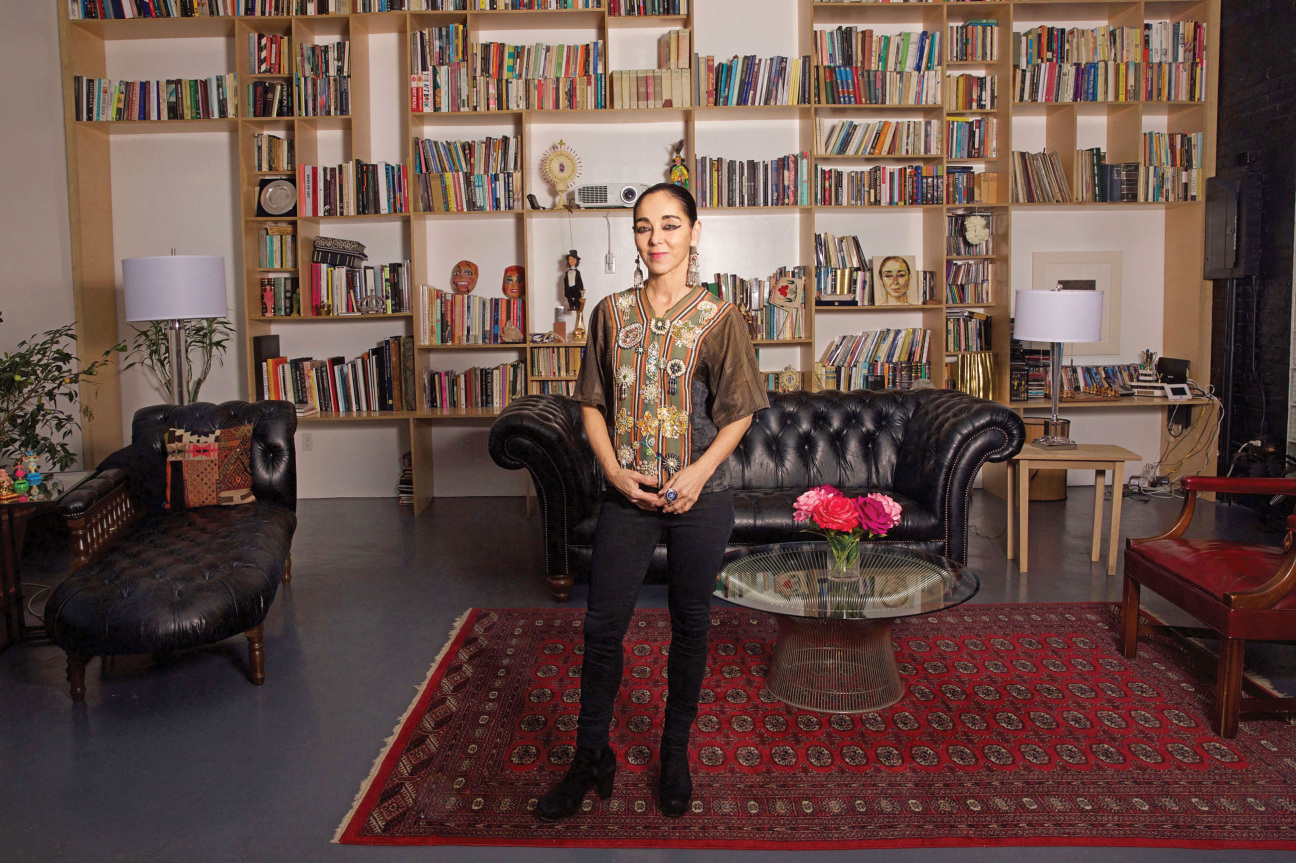
3. Shirin Neshat Centers the Voices of Rebellious Iranian Women
“If I have to specifically talk about Iranian culture, not only in my mother’s generation, but also in my own generation and even today, women are the most unruly, rebellious, confrontational beings in the entire society,” Shirin Neshat told Fariha Róisín in 2019. The Iranian visual artist, whose practice includes the feature films Women Without Men and Land of Dreams, has consistently woven together political stakes and intimate stories. The current protest movement following the 2022 death of Mahsa Amini inspired deep solidarity in Neshat, who showed a new public commission called Woman Life Freedom in London and LA last fall.
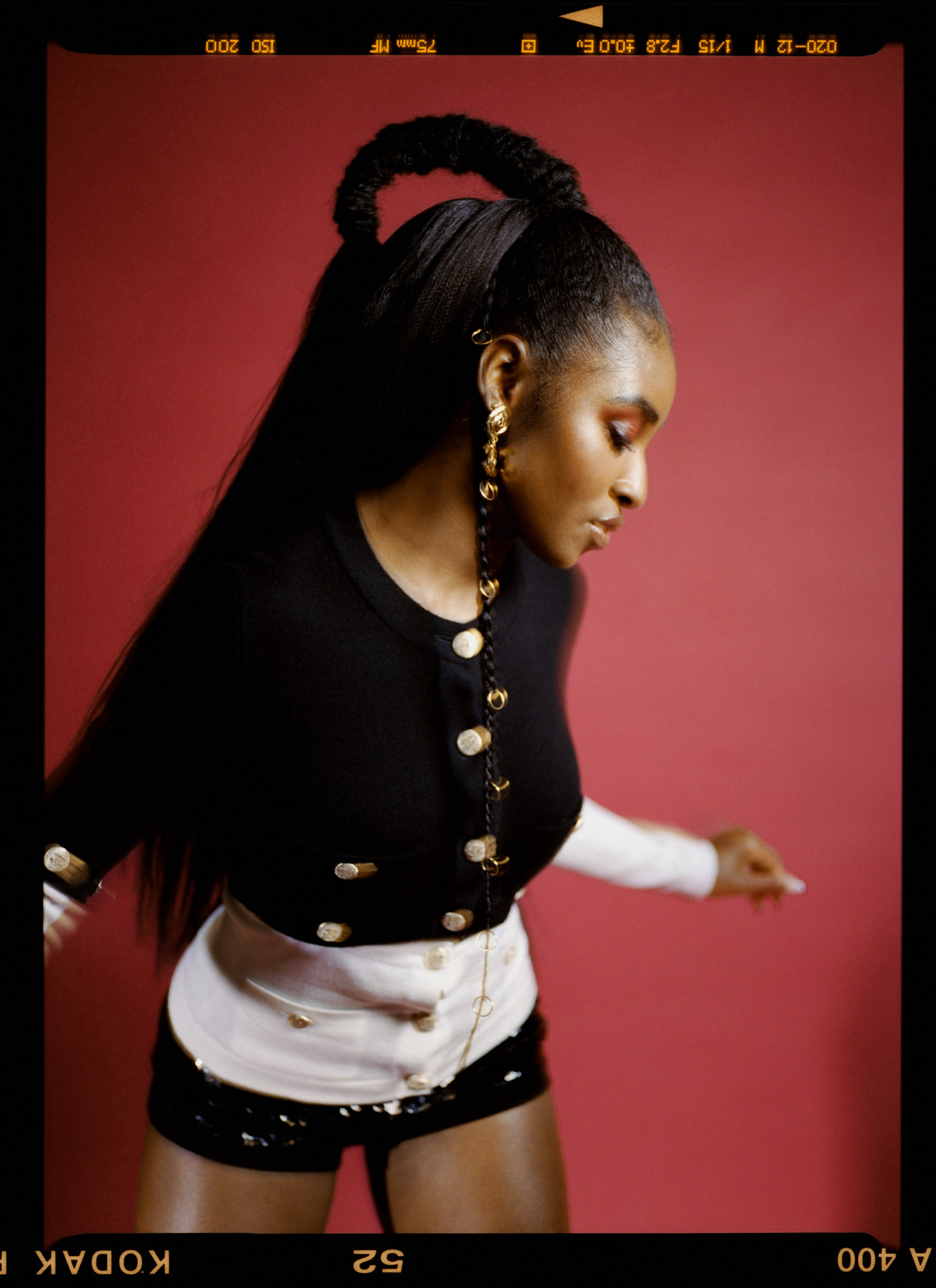
4. Jayme Lawson Has Role Power
Twenty-five-year-old actress Jayme Lawson chooses her roles with intention. From her turn as a mayoral candidate in The Batman (a role based on Alexandria Ocasio-Cortez), to her part as Myrlie Evers in Till, to her performance as a young Michelle Obama in The First Lady, the Washington D.C. native strives to spotlight young women of color in positions of agency. “It became very clear to me that the work I do is for my mother, my sister, my niece and younger me,” she told CULTURED last year. “When I’m auditioning for roles, I’ll ask myself, ‘Does this character serve any of them?’ If not, then I will gladly say no.” We can’t wait for what’s next.
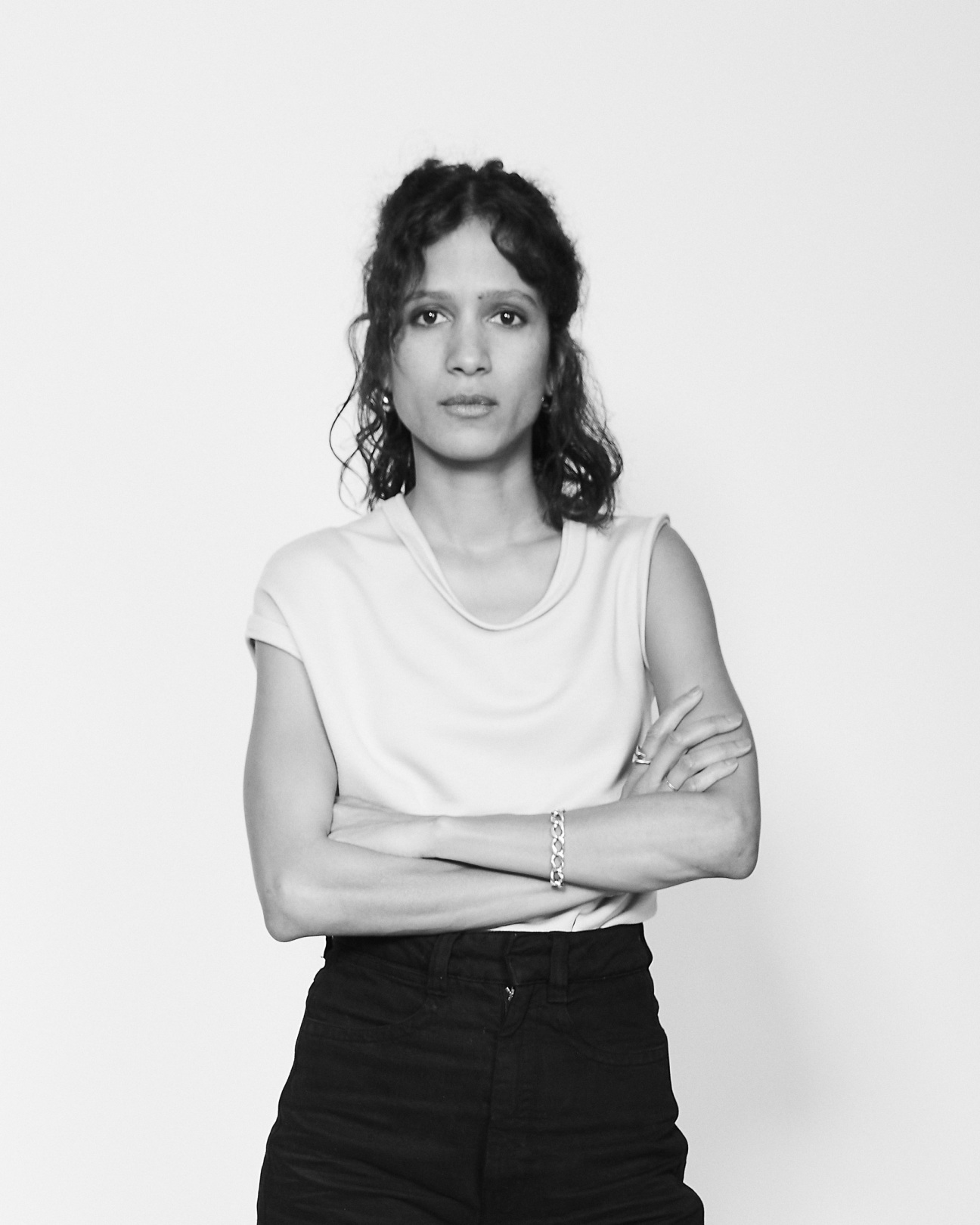
5. Mati Diop Refuses the Boxes the Film Industry Wants to Put Her In
In 2019, the French-Senegalese filmmaker and actress Mati Diop made Cannes Film Festival history as the first Black female director to be nominated for the Palme d’Or for her film Atlantics. Diop ended up going home with the second-most prestigious prize, the Grand Prix, and felt conflicted afterwards about all the attention these “firsts” got. “I’m a very, very difficult woman to define, you know,” she said to CULTURED in 2020. “As a filmmaker, culturally and as a person. And I’m aware of my own complexity. I’m not entering a box.” Her luscious films are far from easy political narratives; through them, she speaks to the audience with urgency and grace about the subjects that matter to her.
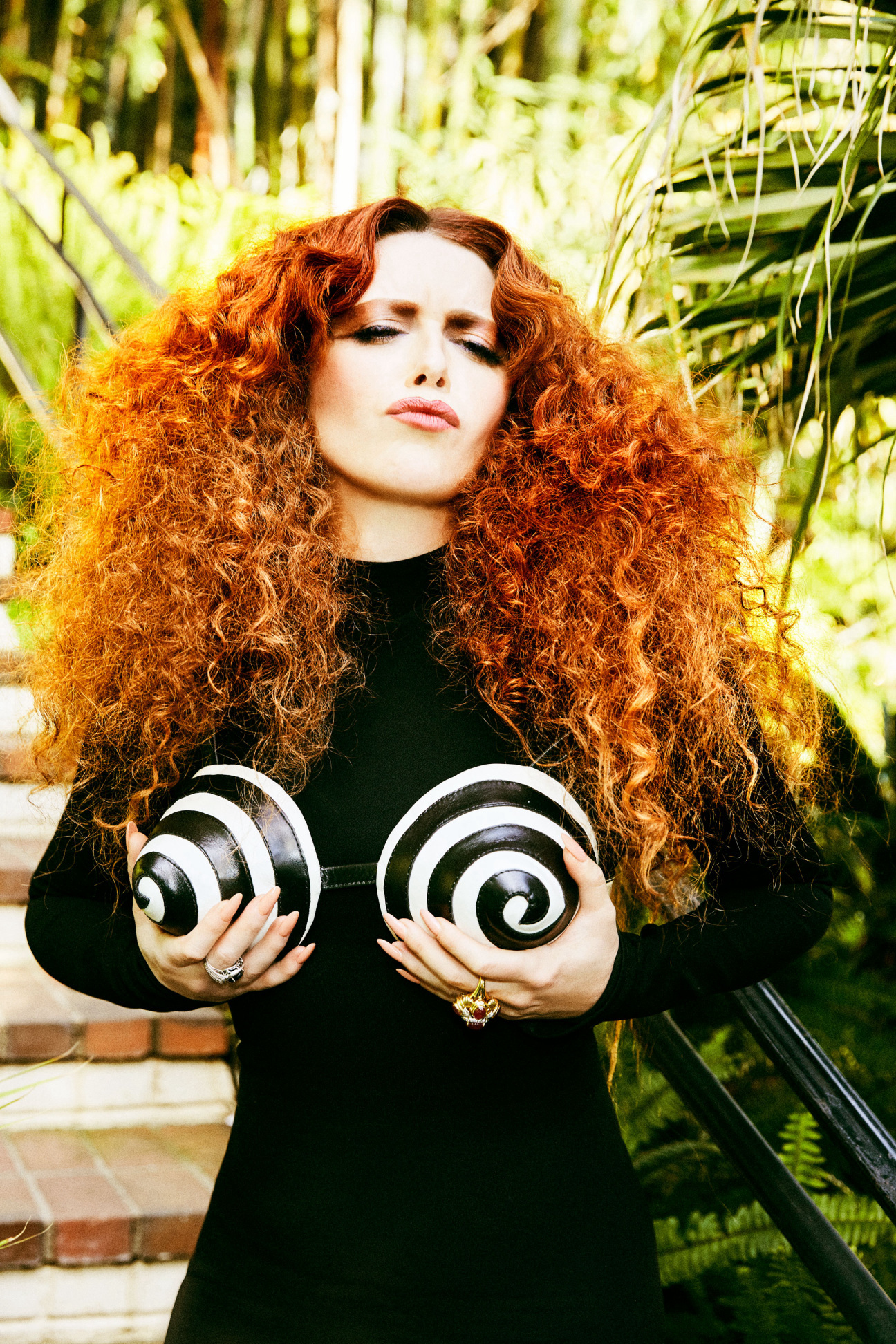
6. Natasha Lyonne Expands Our TV Conversations
Natasha Lyonne, a quintessential New York actress, is known for being funny. From her beginnings with indie-lesbian But I’m a Cheerleader to her role as Nicky Nichols in Orange Is the New Black, she has energized and exploded screens and scripts with her divinely raw personality. But the star’s intellectual side shines through with Russian Doll, the Netflix series she conceived, stars in, and showruns. In its two seasons, Lyonne has brought together an incredible team of women–a chosen family of collaborators that includes Amy Poehler and Chloë Sevigny–to ask existential questions rarely presented on mainstream TV. “What makes Russian Doll so specific, is that it’s very high-concept, but at its core, it’s such a human show,” she told Greta Lee last year. “We’re really all trying to say something together, even when we don’t quite know what it is.”
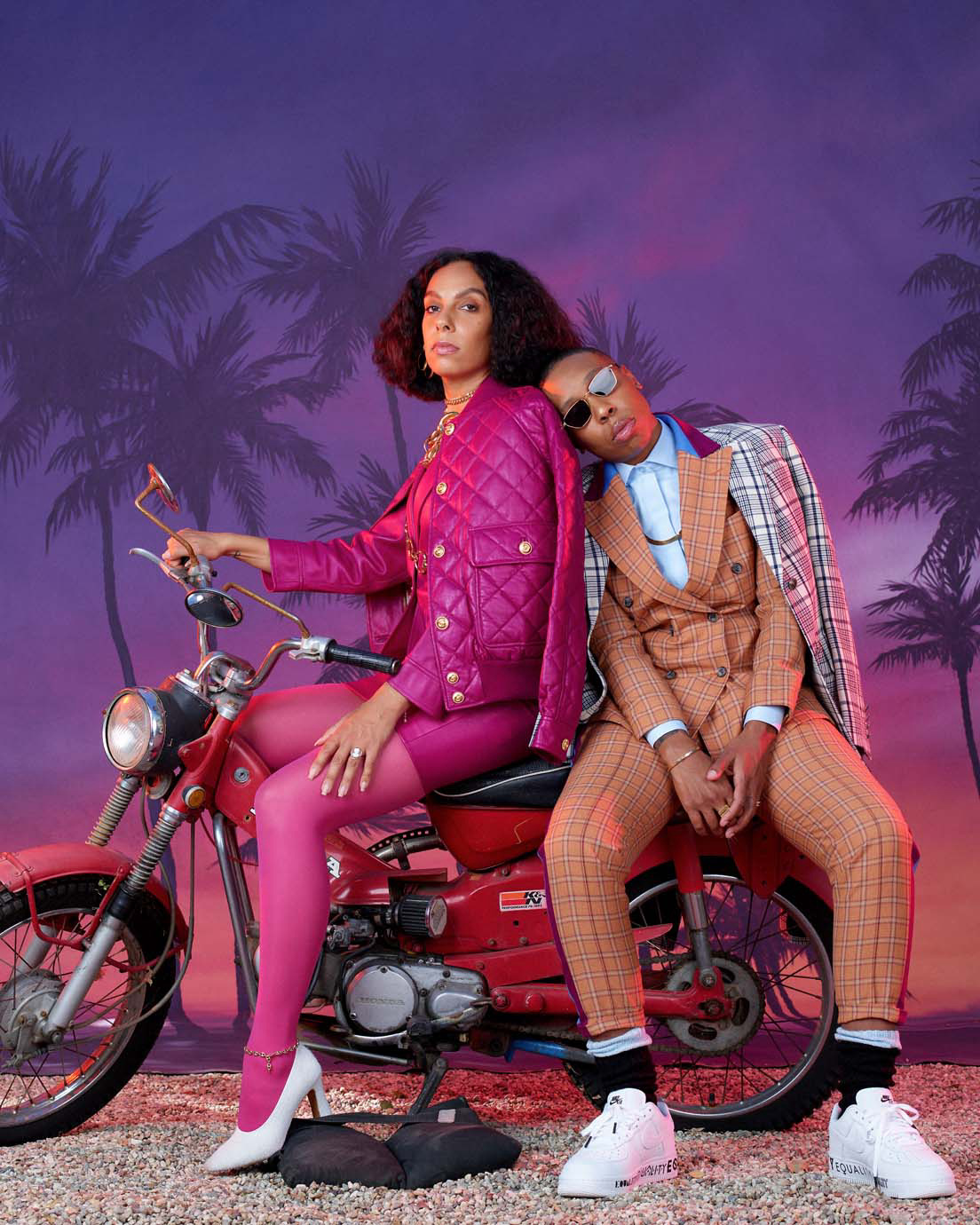
7/8. Melina Matsoukas and Lena Waithe Tell Black Stories
When the actress-producer-writer Lena Waithe and director Melina Matsoukas discussed presenting their 2019 film Queen and Slim to audiences, they knew they weren’t taking it to festivals first. They decided to host private screenings at BAM in Brooklyn, Howard University in Washington D.C., and the Underground Museum in LA–three hubs of Black culture. “I’m just trying to take back what’s ours and tell our stories,” Matsoukas says of her work, which has included Beyonce’s Lemonade. “Black people created this country. You know, our blood is in the soil from which this country was grown and we don’t get to see it through our lens.”
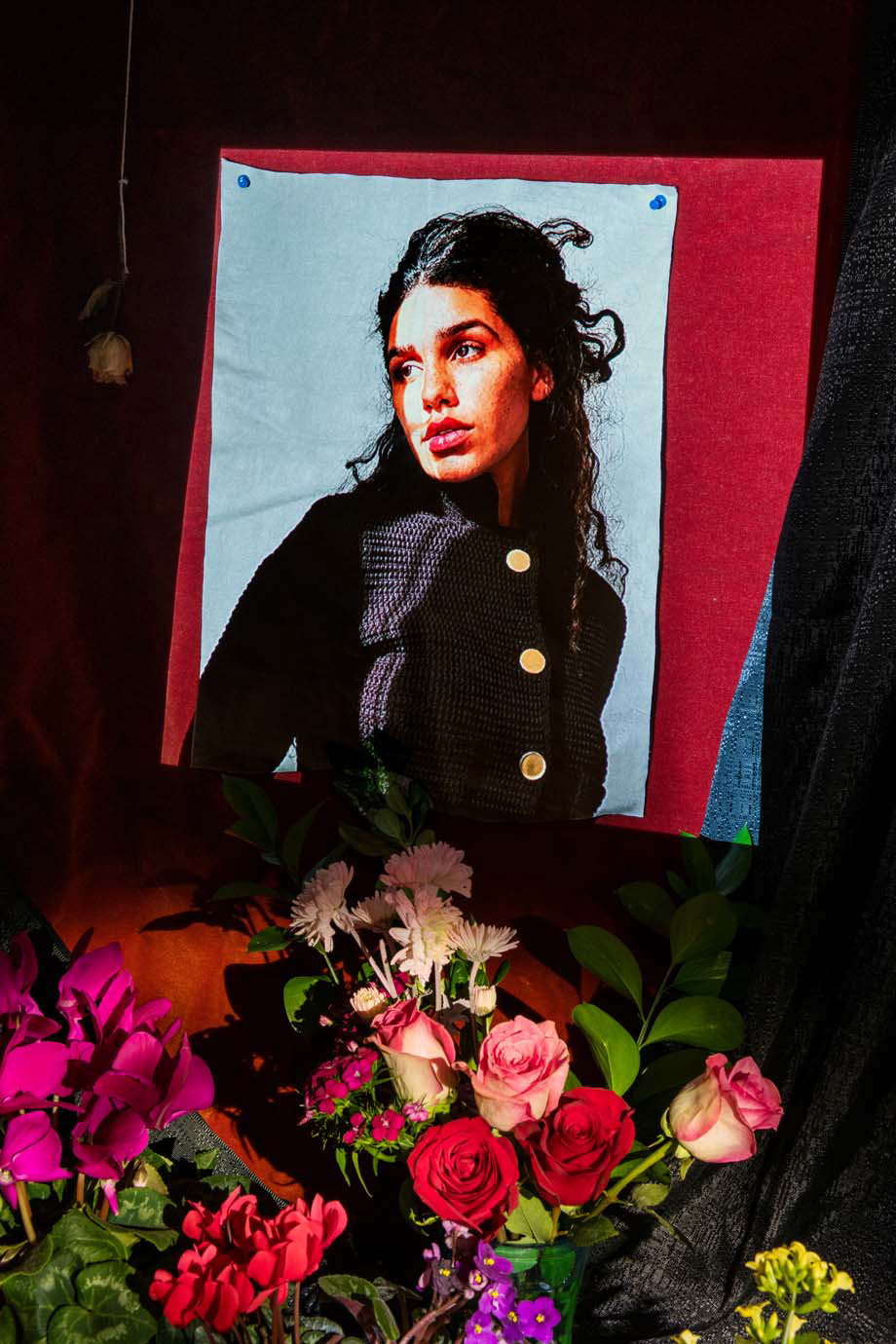
9. Garrett Bradley Looks to New Beginnings
“Something I’ve been thinking a lot about,” Garrett Bradley told CULTURED in 2021, “is how to restart–like, what does restarting really look like for us, as a nation, as a culture, as a society.” The filmmaker’s works are an essential resource for a societal reboot. Time, the film that made her the first Black woman to win the directing award in Sundance’s documentary competition, is the intimate portrait of Fox Rich’s fight to free her incarcerated husband, Robert. Heartrending, meditative, and deeply relevant, it is a testament to Bradley’s focus on and challenge to society's cruelest corners.
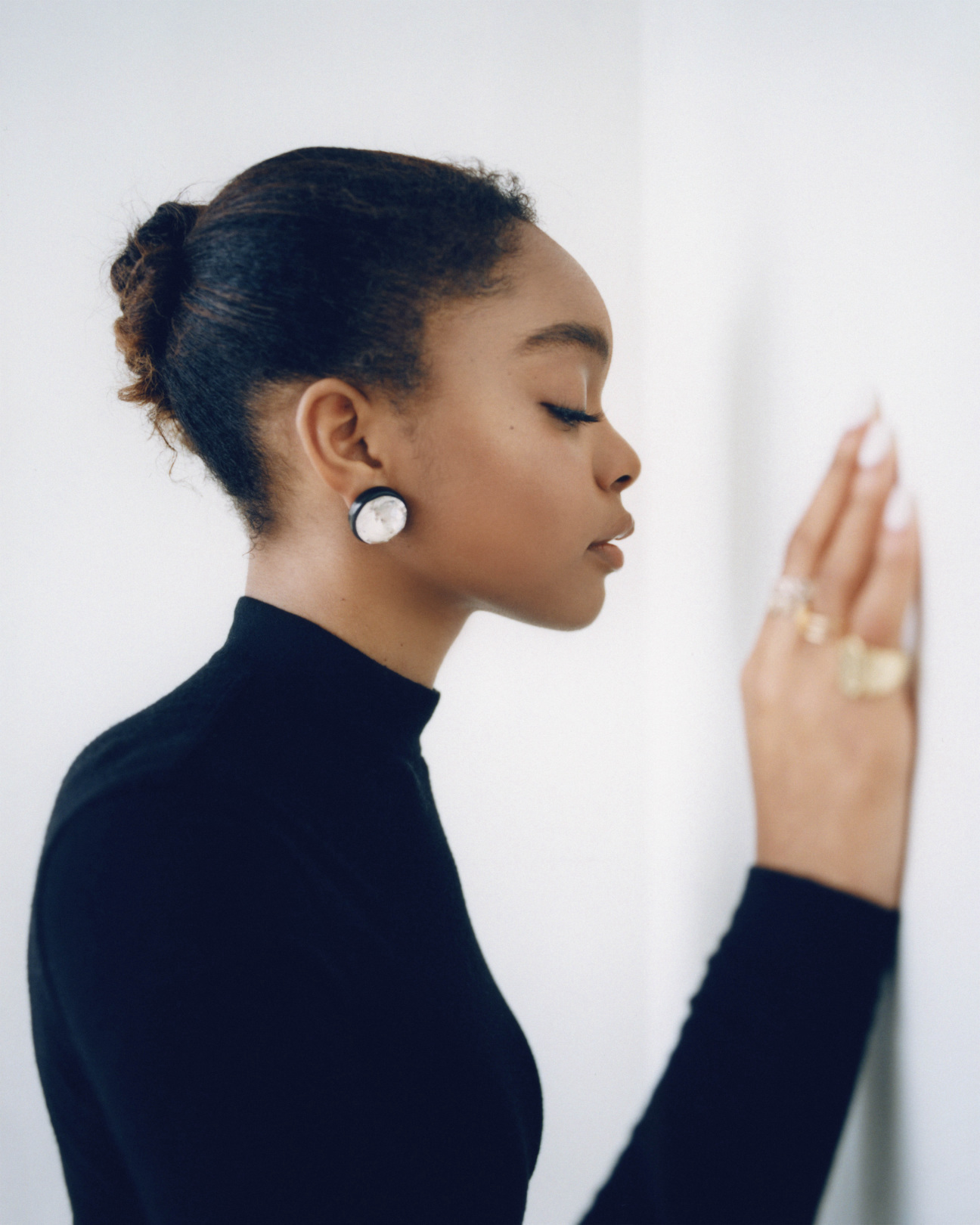
10. Marsai Martin Already Deserves a Lifetime Achievement Award
At 18, Marsai Martin has already packed in a lifetime of achievements. She made history in 2019 as the youngest executive producer on the film Little. She’s been awarded 11 NAACP Image Awards. And Michelle Obama reached out to the actress to produce and co-direct the campaign video for Get Her There, the Obama Foundation’s initiative focusing on educational access for teen girls. The young icon is not ready to stop any time soon. Saturdays, which she executive produced, premieres tomorrow on Disney Channel. The show focuses on a young Black girl named Paris, who has sickle cell disease and a passion for roller-skating. “We wanted to highlight that having a sickness isn’t gonna bring you down,” Martin told Rachel Cargle in our last issue. “It doesn’t stop you from living your best life and doing what you love, especially as a young girl.”
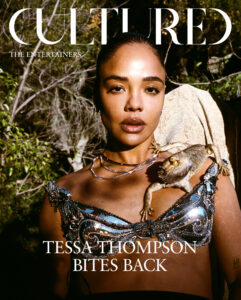
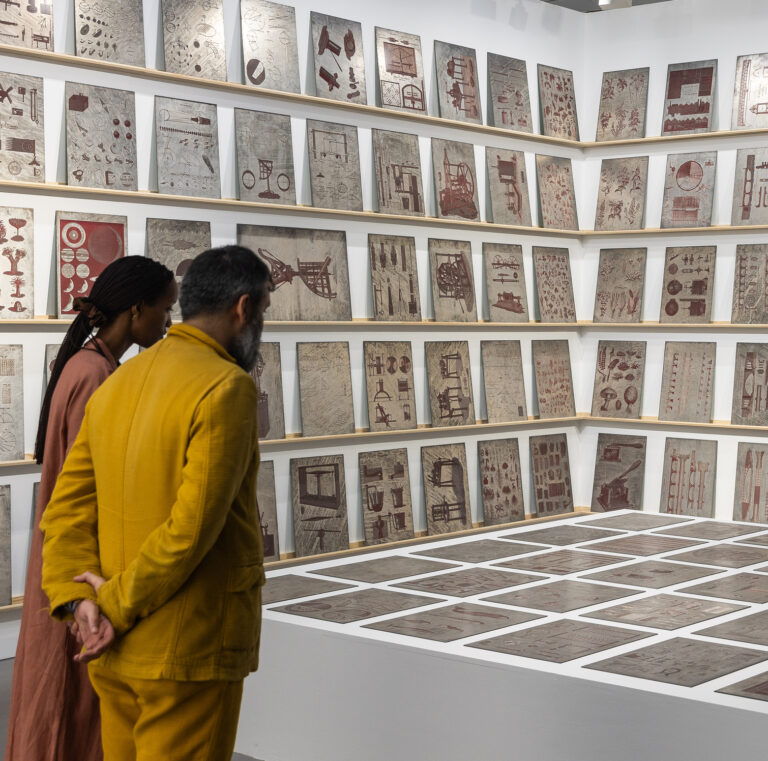

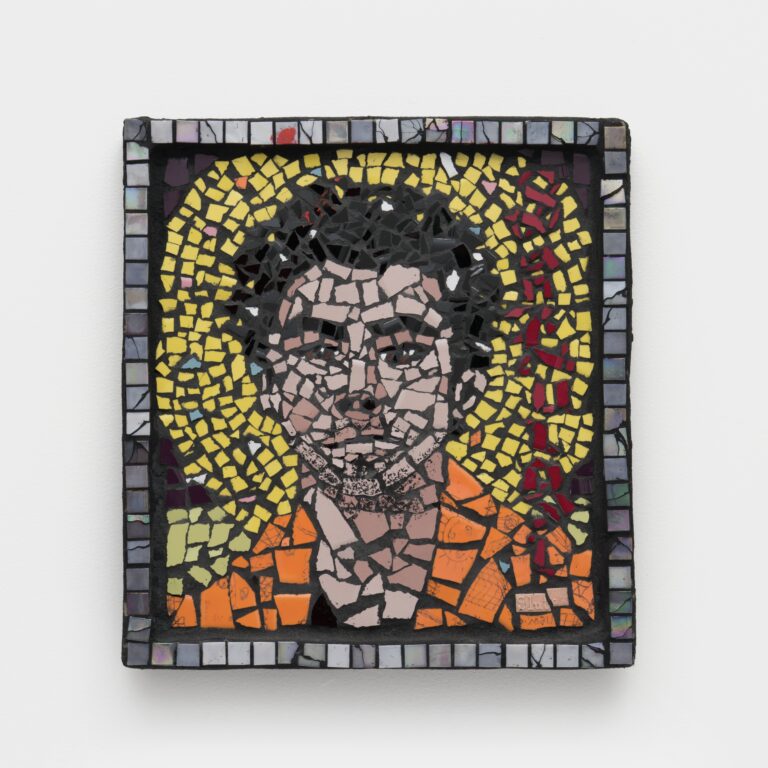
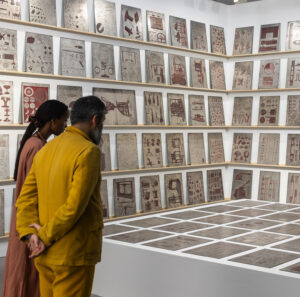
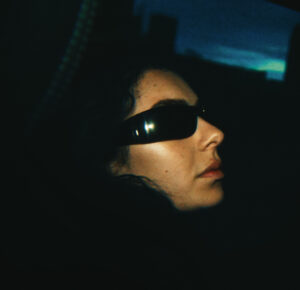
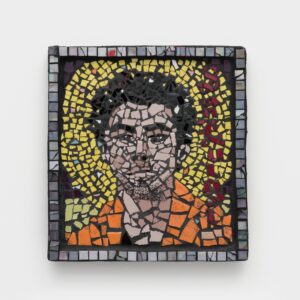

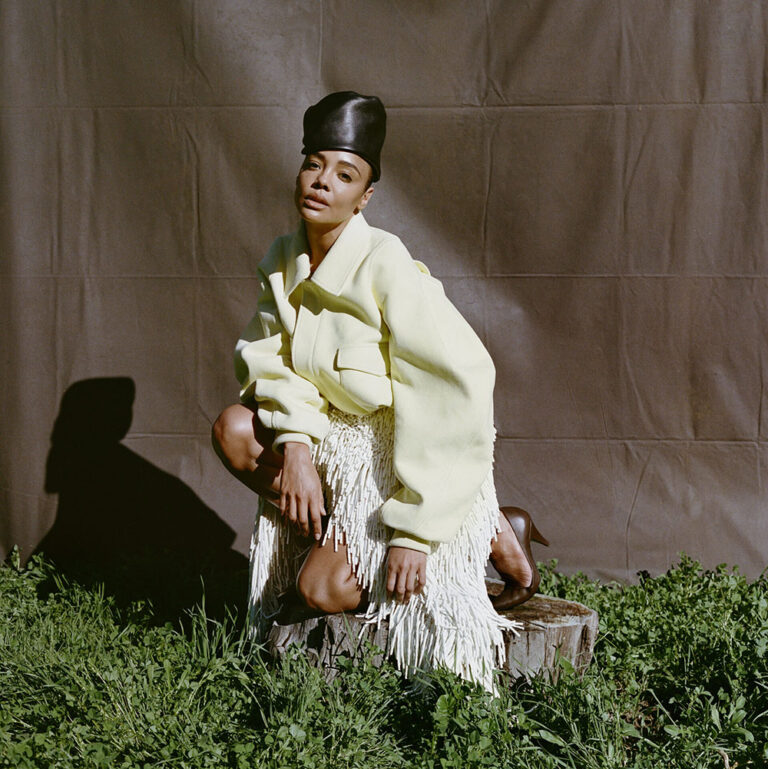

 in your life?
in your life?

